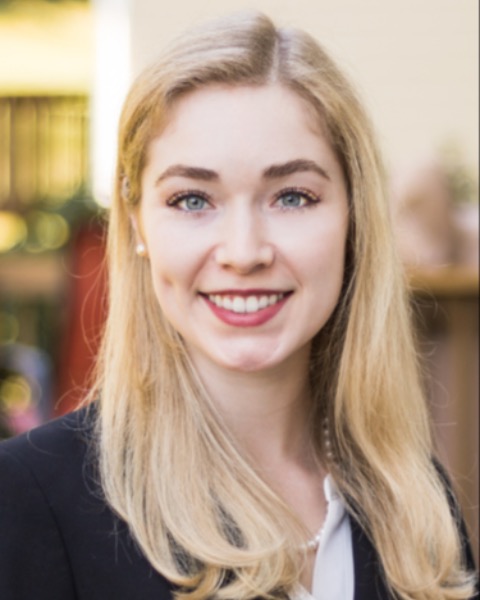Scientific Session
Scientific Session VI: Socioeconomic
(SS#VI) A Report on the Women in Neurosurgery Mentorship Program
Saturday, April 22, 2023
4:37pm - 4:42pm PST
Location: Los Angeles Convention Center, 403A

Kathryn Kearns, MD (she/her/hers)
Resident Physician
University of Virginia Department of Neurosurgery
Charlottesville, Virginia, United States
Presenting Author(s)
Disclosure(s):
Kathryn Kearns, MD: No financial relationships to disclose
Introduction: Women comprise over half of medical students. Only 27.3% of neurosurgical residency applicants and 19.3% of active residents are women. Insufficient mentorship is among the reasons women do not pursue surgical subspecialties. The Women in Neurosurgery (WINS) group has developed an international mentorship program to increase female recruitment and retention.
Methods: From 2021-2022, medical students interested in neurosurgery and neurosurgical residents of both sexes were solicited annually, primarily through social media. Medical students were placed in groups of 4-6 and mentored by residents, while resident groups were mentored by faculty. Structured curricula were developed for each group. Mentoring sessions for both groups were conducted virtually on a monthly basis.
Results: In 2021, the mentorship program received 110 applications from 60 different institutions worldwide. Applicants were grouped into 13 student-resident, six resident-attending, and two international student groups (ISG). In 2022, the program received 180 applications from 112 global institutions, resulting in 25 student-resident groups, six United States (US) resident-attending groups, and five ISG. The program also expanded to include stratified curricula for junior and senior medical students. As a result, applications increased by 64%, US student mentorship increased by 174%, and US resident mentorship increased by 92% over two years. After the 2021-2022 cycle, a conclusion survey revealed 100% of respondents said they would use the feedback they received to change their practices moving forward, 96.4% of respondents felt they received helpful feedback and advice, and 96.4% planned to reapply for the program.
Conclusion : Lack of female mentorship is a barrier to the recruitment and retention of women within neurosurgery. The WINS mentorship program sought to create programming to address this need, and our early experience exhibits that the program is far-reaching and rapidly growing. Future aims include accommodating a larger international cohort and providing mentoring opportunities for junior faculty.
Methods: From 2021-2022, medical students interested in neurosurgery and neurosurgical residents of both sexes were solicited annually, primarily through social media. Medical students were placed in groups of 4-6 and mentored by residents, while resident groups were mentored by faculty. Structured curricula were developed for each group. Mentoring sessions for both groups were conducted virtually on a monthly basis.
Results: In 2021, the mentorship program received 110 applications from 60 different institutions worldwide. Applicants were grouped into 13 student-resident, six resident-attending, and two international student groups (ISG). In 2022, the program received 180 applications from 112 global institutions, resulting in 25 student-resident groups, six United States (US) resident-attending groups, and five ISG. The program also expanded to include stratified curricula for junior and senior medical students. As a result, applications increased by 64%, US student mentorship increased by 174%, and US resident mentorship increased by 92% over two years. After the 2021-2022 cycle, a conclusion survey revealed 100% of respondents said they would use the feedback they received to change their practices moving forward, 96.4% of respondents felt they received helpful feedback and advice, and 96.4% planned to reapply for the program.
Conclusion : Lack of female mentorship is a barrier to the recruitment and retention of women within neurosurgery. The WINS mentorship program sought to create programming to address this need, and our early experience exhibits that the program is far-reaching and rapidly growing. Future aims include accommodating a larger international cohort and providing mentoring opportunities for junior faculty.
